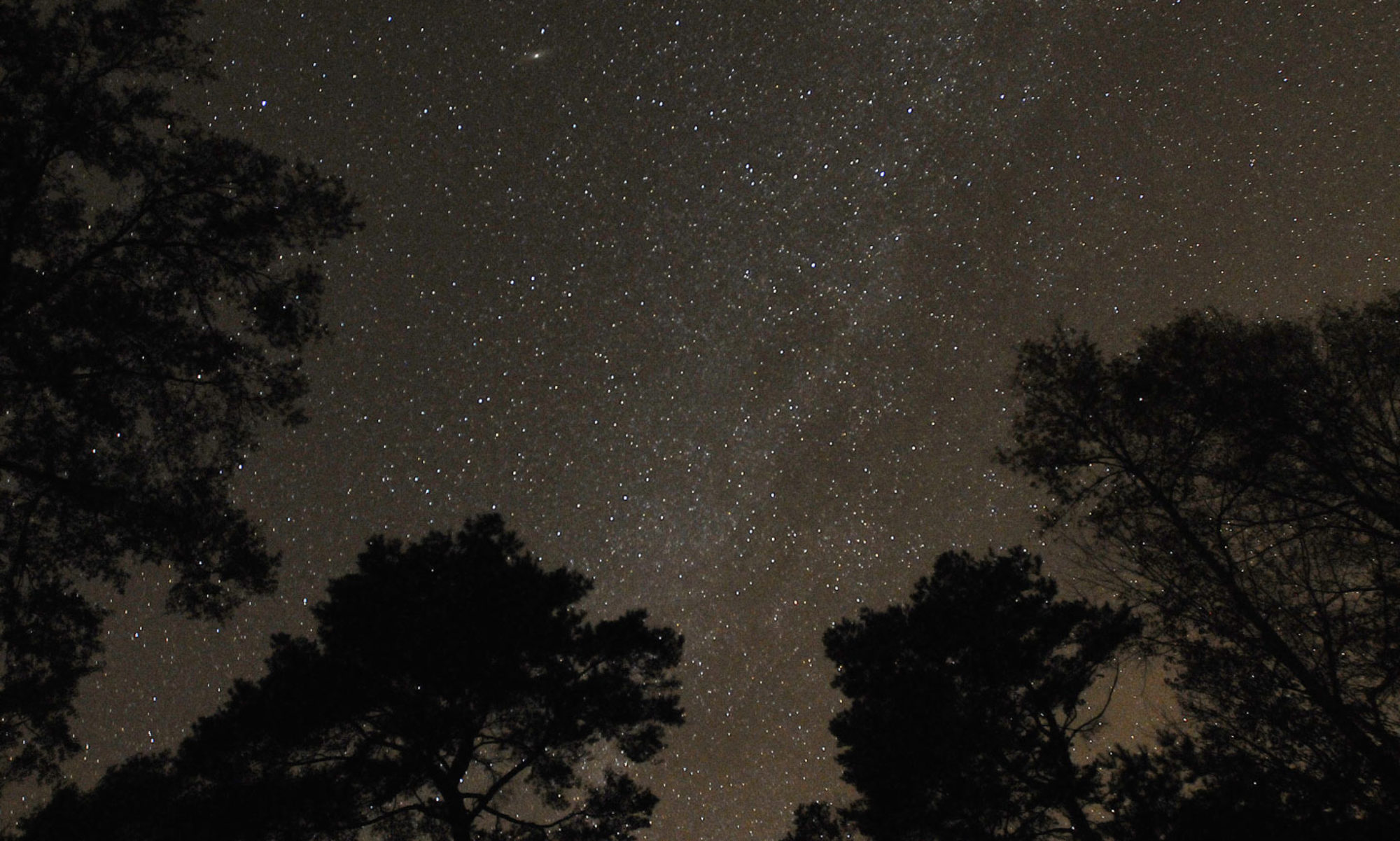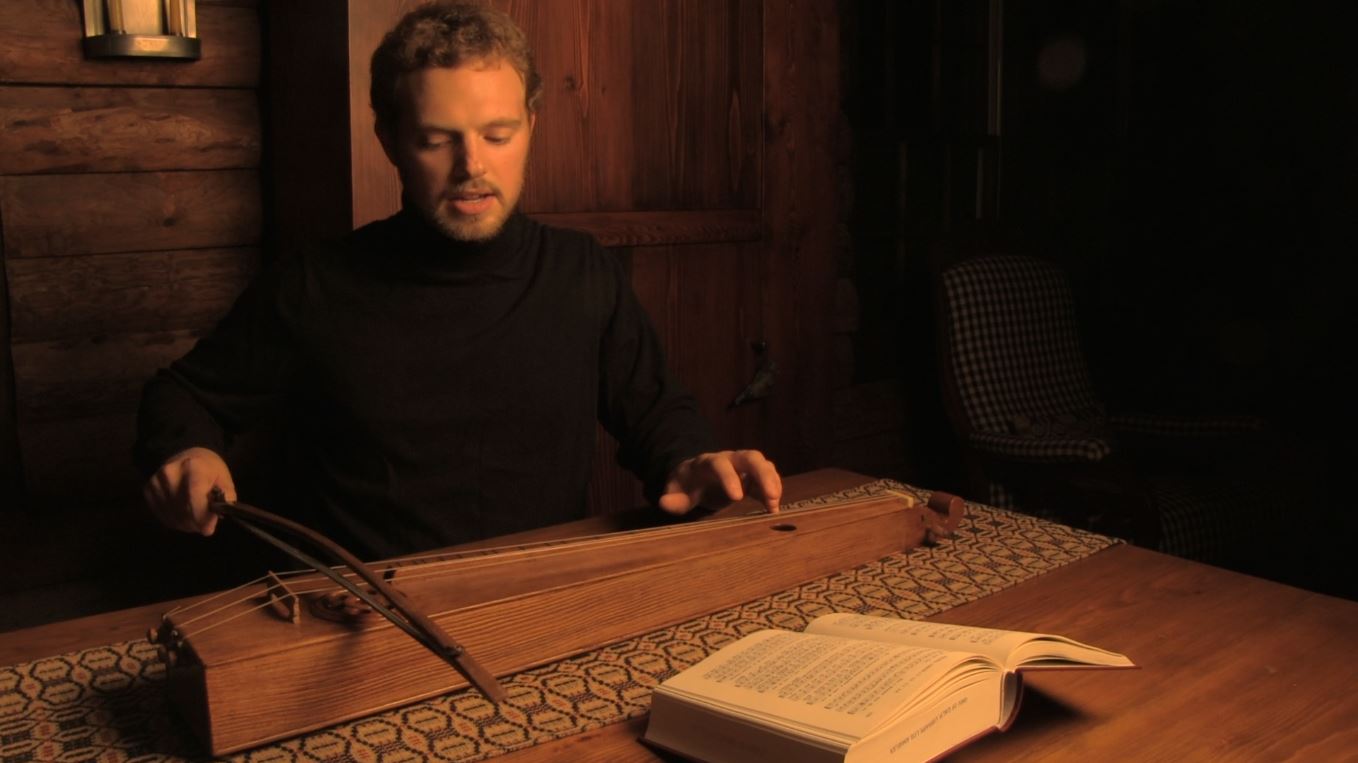As part of a larger project on European zithers, I perform the German hymn “Ubermal der Tag Verslossen” on the German scheitholt.
The scheitholt, a member of the zither family, was brought over to the fledgling United States by German immigrants in the 1700s. Used primarily by the Pennsylvania Germans, the scheitholt soon traveled with them down the East Coast wagon trails as the settlers moved further south and west. That which went into the mountains as a scheitholt later came out as an Appalachian dulcimer through cross-cultural contact between the Germans and Scottish and Irish settlers to the New World.
The instrument in the video is a replica of a scheitholt made by the Mennonite teacher Henry Lapp sometime in the 1870s. (Replica made in 2012 by Ken Koons.) Lapp, who taught English and German in Bucks County, PA, played his scheitholt for classes called “spelling bees” during the day. At night he accompanied himself singing German hymns. His original instrument currently exists in the collection of the Mercer Museum. In the early 1900s, the museums founder, Henry Mercer, interviewed Henry Lapp’s son, who remembers his father singing the hymn “Spar Dein Buse Nicht” among others. A convoluted trail led to the melody played in this video. It was fairly common practice to mix and match hymn melodies with hymn texts; the hymn that Lapp played in the 1800s combined the melody here (composed by von Neander in 1680) with the alternative text, “Spar dein Buse Nicht.” This performance uses the original hymn text, “Ubermal der Tag Verslossen.”

